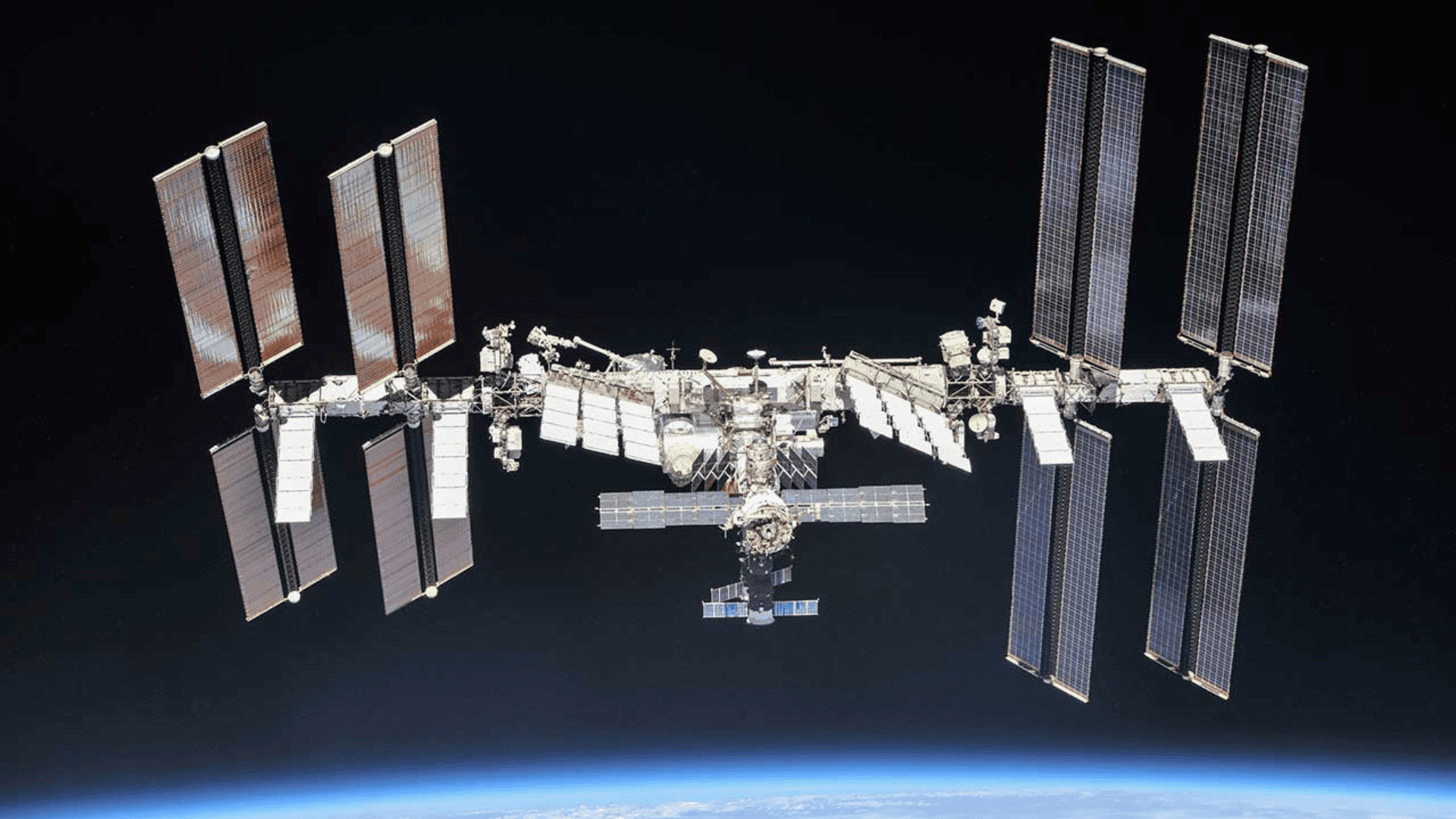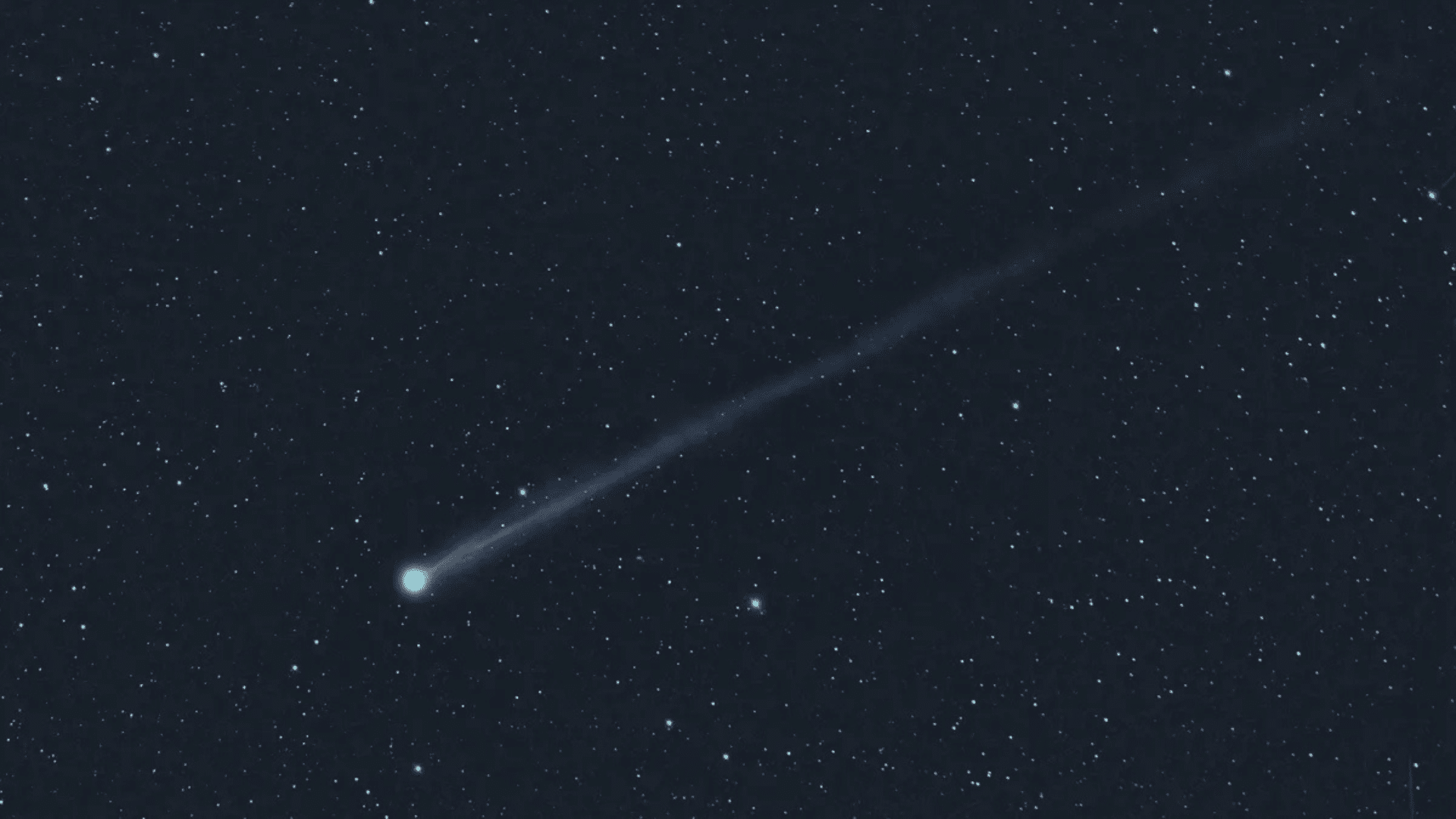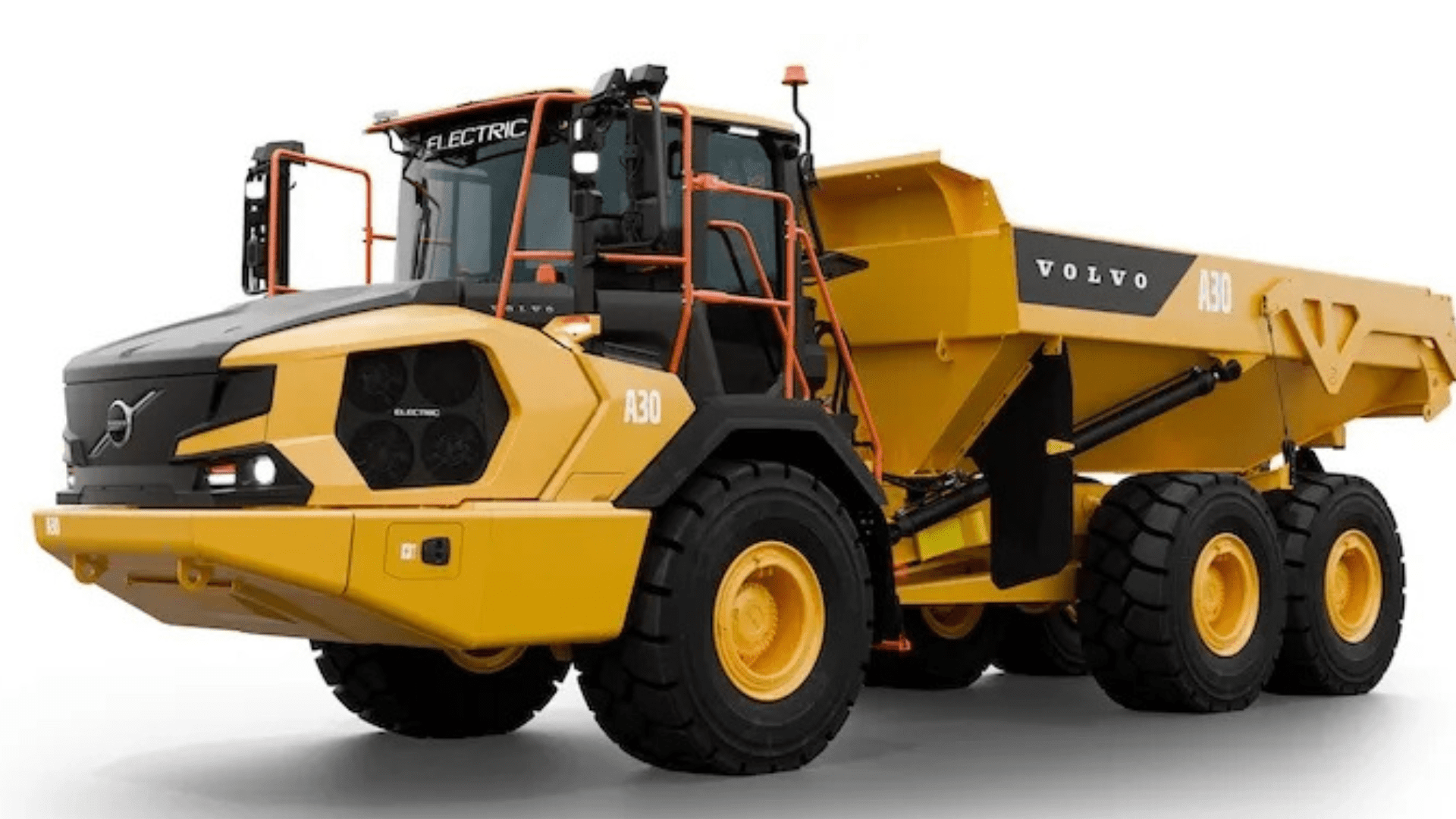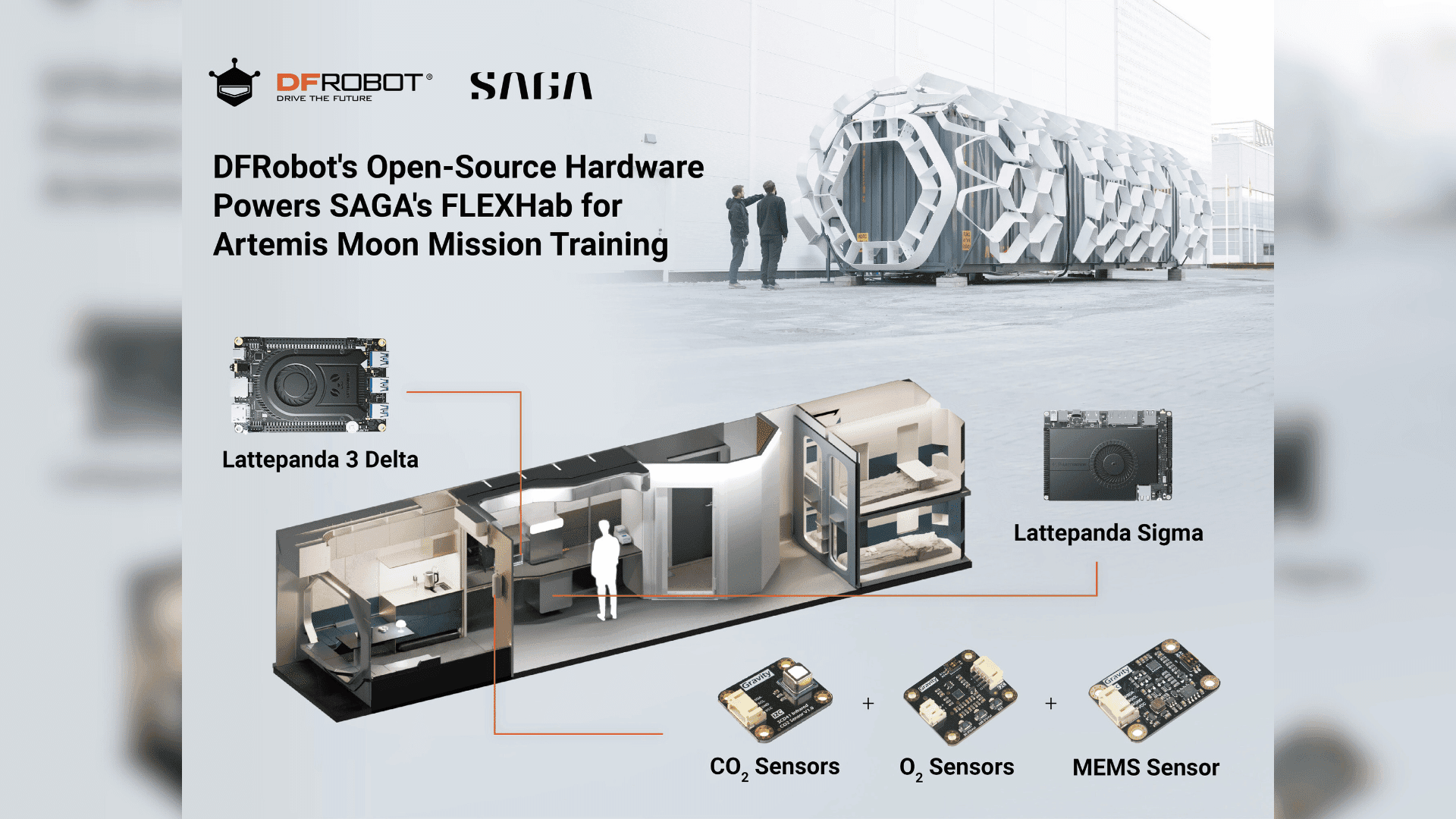Two innovative startups, RedPoint Oncology and Fourier, have been awarded the 2025 Technology in Space Prize, receiving over $650,000 in funding and the opportunity to conduct research aboard the International Space Station (ISS) National Laboratory. Selected through the MassChallenge startup accelerator and backed by Boeing and CASIS, the companies will leverage the ISS’s unique microgravity environment to advance next-generation cancer treatments and cutting-edge radiation-shielding materials.
Innovative Startups Developing Next-Gen Cancer Treatments and Radiation-Shielding Material Selected Through MassChallenge Accelerator for Space-Based Research
Through the Technology in Space Prize, two startups will receive more than $650,000 in total funding and the ability to leverage the ISS National Lab to advance their R&D
BOSTON, April 11, 2025 /PRNewswire/ — Startups RedPoint Oncology and Fourier are the newest recipients of the Technology in Space Prize, funded by Boeing and the Center for the Advancement of Science in Space® (CASIS®), manager of the International Space Station (ISS) National Laboratory. Selected through the MassChallenge (Boston) startup accelerator program, these two companies will utilize the unparalleled research environment available through the ISS National Lab to push the boundaries of scientific knowledge and advance their research and technology development.

RedPoint Oncology will leverage the accelerated disease progression of cancers in microgravity to test a new class of therapeutics that can treat cancers resistant to conventional treatments. Fourier will test the performance of its new radiation-shielding material in protecting sensitive electronic devices from the harsh conditions in space. Through the Technology in Space Prize, CASIS and Boeing intend to award RedPoint Oncology and Fourier more than $650,000 in total funding.
“Boeing and CASIS have partnered on the Technology in Space Prize for 11 years, collaborating with MassChallenge to identify early-stage companies that can utilize the unique environment of the International Space Station for R&D that is not possible on Earth, ultimately benefiting humanity,” said Scott Copeland, director of ISS research integration for Boeing.
The startups join a growing community of researchers using the final frontier to explore new possibilities and demonstrate the potential of space-based research. Since the prize’s inception, more than $20 million has been awarded for more than 30 projects.
Engaging the startup community is a strategic priority for the ISS National Lab. Having access to the unique space environment allows entrepreneurs to further their science and technology, develop novel products, and build new businesses. The impact of conducting research through the ISS National Lab is notable, as startups awarded a flight project have cumulatively raised nearly $2.4 billion in funding postflight, demonstrating the value of space-based R&D in accelerating commercialization.
“The ISS National Lab congratulates Fourier and RedPoint Oncology as the latest awardees of the Technology in Space Prize,” said Phillip Irace, science program director for the ISS National Lab. “This prize, in collaboration with our partners at Boeing and MassChallenge, focuses on giving startups the opportunity to conduct R&D in low Earth orbit, and it continues to yield innovators who are pushing the limits of this new era of research. We look forward to working with both of these startups.”
Funding awarded to this year’s recipients will provide seed money and assist with hardware costs for flight projects using ISS National Lab flight and crew time allocation.
RedPoint Oncology
Up to 90% of cancer deaths ultimately result from cancers that developed resistance to traditional therapies. RedPoint Oncology’s novel approach is designed to target therapy-resistant cancer cells to improve patient survival and quality of life. The company’s new therapy for solid tumors combines antibodies that target cancer cells with a cancer-killing drug in a single antibody-drug conjugate (ADC). By leveraging microgravity, which promotes 3D cell growth and accelerates cancer progression, the research team can evaluate the performance of its ADCs in robust disease models on shorter time scales than is possible on Earth.
Fourier
It is critical for electronic systems to operate correctly in space—on satellites, space stations, and spacecraft for long-duration spaceflight missions. However, the harsh space environment, which includes damaging radiation and temperature extremes, affects the durability of electronics and their ability to operate properly. Fourier has developed a lightweight, ceramic matrix composite (CMC) and manufacturing process where the material is heated and shaped to fit around electronic systems, protecting them from harmful radiation and providing temperature control. The project will use Aegis Aerospace’s MISSE Flight Facility on the exterior of the space station to test CMCs of varying thickness in the space environment. The research team will compare how well the CMCs work when compared with current materials used in the electronics of satellite systems in low Earth orbit.
With support from Boeing and CASIS through the Technology in Space Prize, innovative startups like RedPoint Oncology and Fourier have the opportunity to utilize the unique conditions in low Earth orbit to advance their R&D and improve life on Earth. To learn more about the ISS National Lab, including current solicitations seeking projects to leverage the orbiting platform, please visit our website.
This press release is provided for informational purposes only. TomorrowsWorldToday.com is not responsible for the content, terms, or administration of RedPoint Oncology’s and Fourier’s promotions. Please refer to issnationallab.org for the most accurate and up-to-date information. Tomorrow’s World Today may receive an affiliate commission if you purchase an independently reviewed product or service through a link on our website.







